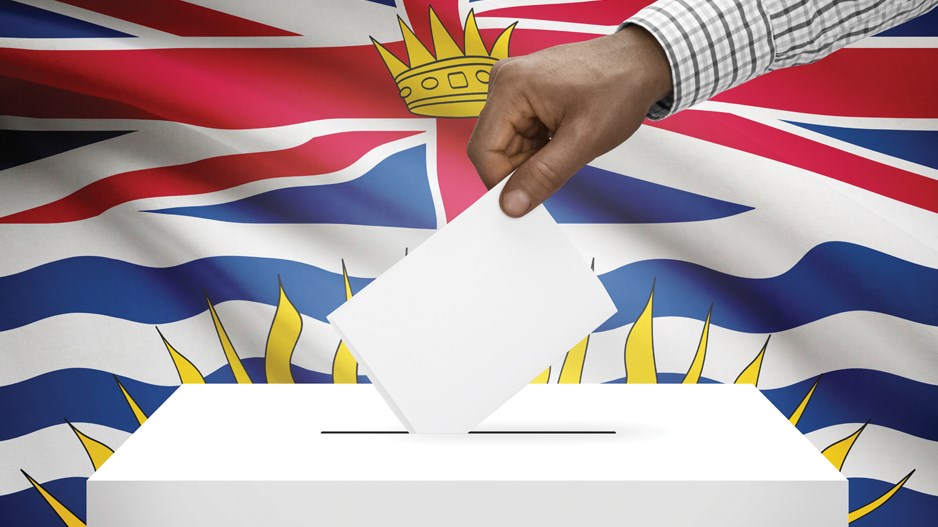Instead of resolving to fix some of ourselves at New Year’s, what if we resolve to fix some of our political institutions?
Voter turnout, voter engagement and voter eligibility are inadequate. Our legislatures are mock theatres of questions without answers. No one can claim today that our political discourse is improving.
In an ideal world, what would be my wish list of what to seek?
Make Voting Mandatory
Voter turnout this century in our federal, provincial and particularly in our municipal elections has fluctuated but hovered at unhealthy levels: a decline to 62.6 per cent federally in 2021, a rebound (but below historic levels) to 58.3 per cent provincially in 2024, and turnouts of 40 per cent in Vancouver and 38 per cent in Toronto for municipal races in 2022.
Several countries have successfully introduced mandatory voting to spur participation, among them Argentina in 1912, Australia in 1924, Belgium in 1893, Brazil in 1932, Singapore in 1959 and Peru in 1931. In these countries, there are disincentives not to vote, and turnout has been upwards of 80 and 90 per cent.
We have made it very easy these days to vote, with more polling stations and advanced voting, and it ought not to be long before we have gotten past our apprehensions to use an acceptable technology to vote digitally. Low voter turnout disproportionately silences youth, the poor and the marginalized. If we are serious about political participation, it makes sense to confer responsibility on all of us.
Lower the Voting Age
It is incongruent that 14-year-olds can hold party memberships and vote on the federal leadership for the Conservatives and Liberals – and at age 13 federally and 12 provincially for the NDP – but can’t vote until age 18. It is further inconsistent to tax working and driving 16-year-olds yet prevent them from casting ballots.
Austria, Brazil and Scotland have successfully introduced voting at age 16. It has raised participation rates at an earlier life stage in politics and done well at creating a habit of behaviour to spur higher turnouts.
Today’s information-loaded 16-year-old is not what the 16-year-old of my era was, and prime political issues of today – education, climate change, health care and more recently public finances – are their issues to inherit (as they were mine to generate). Without the vote, you can’t influence the direction of policy, nor be heard tangibly and effectively – so what can you really do about it and why would any politician pay attention to you?
Turn Question Period into Answer Period
Long gone are the days of earnest opposition inquiries and accountable government responses in the daily ritual of Question Period in our federal and provincial legislatures. What we have now is largely a chaotic pretense. It can be fixed.
Empowering the Speaker to demand more out of the government answers has worked in New Zealand and Scotland, even in a limited fashion. In Iceland, citizens can submit questions. In Germany and the U.K., the sessions are often themed to permit deeper dives on issues. Regardless, reforms are necessary.
Create Municipal Wards
Last century, Vancouver, Victoria, Kelowna, Kamloops, Nanaimo and New Westminster abandoned the ward system for at-large elections of councillors.
It is true that wards can be designed unhealthily along income lines and be less efficient to administer. Overall, though, restoring a ward system could assure neighbourhood representation, provide better access to politicians, lower barriers to entry and encourage voter engagement. We have to do something about voter turnout municipally, and if we’re not going to introduce mandatory voting, this is the next best move for our larger cities.
Improve Freedom of Information Law
In the four decades since their inception, successive governments of all stripes have made laws affecting our right to know more about their operations more cumbersome, costly and cynical.
For every step forward in amending these laws that provide the right to ask for information, governments have generally taken two shameful steps back. The federal and provincial laws are designed and conducted to protect the reputations of sitting governments rather than illuminate their true natures.
In opposition, parties will promise comprehensive reform to bring about transparency, and once in power they fight to prevent unflattering information from disclosure. The public interest is overridden in this exercise, and no one in authority has stepped forward to make it a palpable priority.
That being said, to expect any politician to concede vulnerability is, I suppose, my wish list’s wishful thinking.
Kirk LaPointe is a Glacier Media columnist with an extensive background in journalism.




